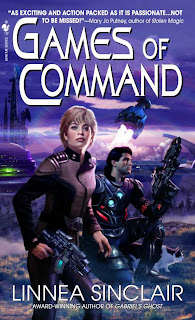STATUS: Gorgeous day. Unfortunately Chutney is sick and I need to run her to the vet this morning.
What’s playing on the iPod right now? SENTIMENTAL LADY by Bob Welsh
The problem with email is that sometimes the tone is not clear—or it can be very open to interpretation.
First off, just let me say that most agents have a standard rejection letter. It’s not good or bad or in any way a personal reflection on you as a writer. It’s simply a standard letter so that writers get a response versus none at all.
Isn’t it in the Godfather movies where he says, “This isn’t personal; it’s business” or some derivation of that?
That’s how you have to view standard rejection letters.
Now of course I have one as well. In the past, I’ve received numerous compliments on how nice my standard letter is. Great. I’m glad it works for some people.
But every once in a while I get an email reply from a frustrated writer that would like to critique the letter. Yesterday, the writer had a problem with the line “After all, it just takes one “yes” and with so many different opinions out there, you could easily find the right match.”
The writer found the phrase condescending, insulting and ridiculous because in her view, it’s not easy to land an agent, that a writer doesn’t have many options, and the market is hard to break into. So my guess is that she has concluded that I’m being unnecessarily cavalier by indicating that it just takes finding the right match in my standard rejection letter.
But I include the line because in many instances, it’s true. I pass on lots of manuscripts that don’t work for me but are sell-able projects that other agents have liked, taken on, and then sold.
So the line is in fact true. For some writers I’ve rejected, it really was about finding the right match. Not for all the writers rejected, mind you, but for some, yes it was.
Tomorrow I think I’ll share my standard rejection letter. Break it down and analyze why I include the things I do in it. Maybe there’s a better way. You guys can chime in and if what you say is valuable, maybe it’s time for a revision. I’m always open.

